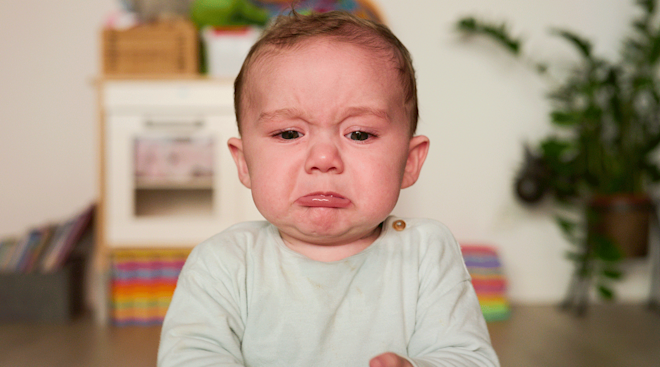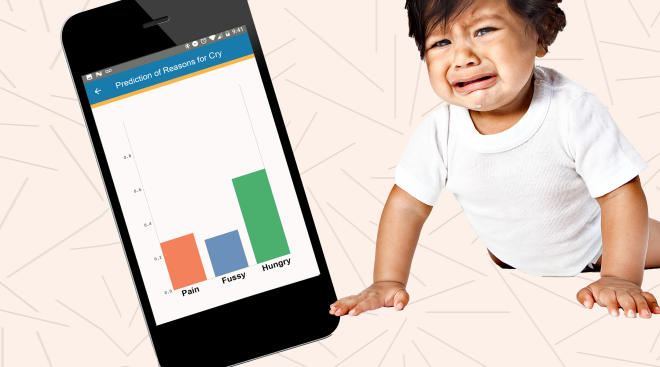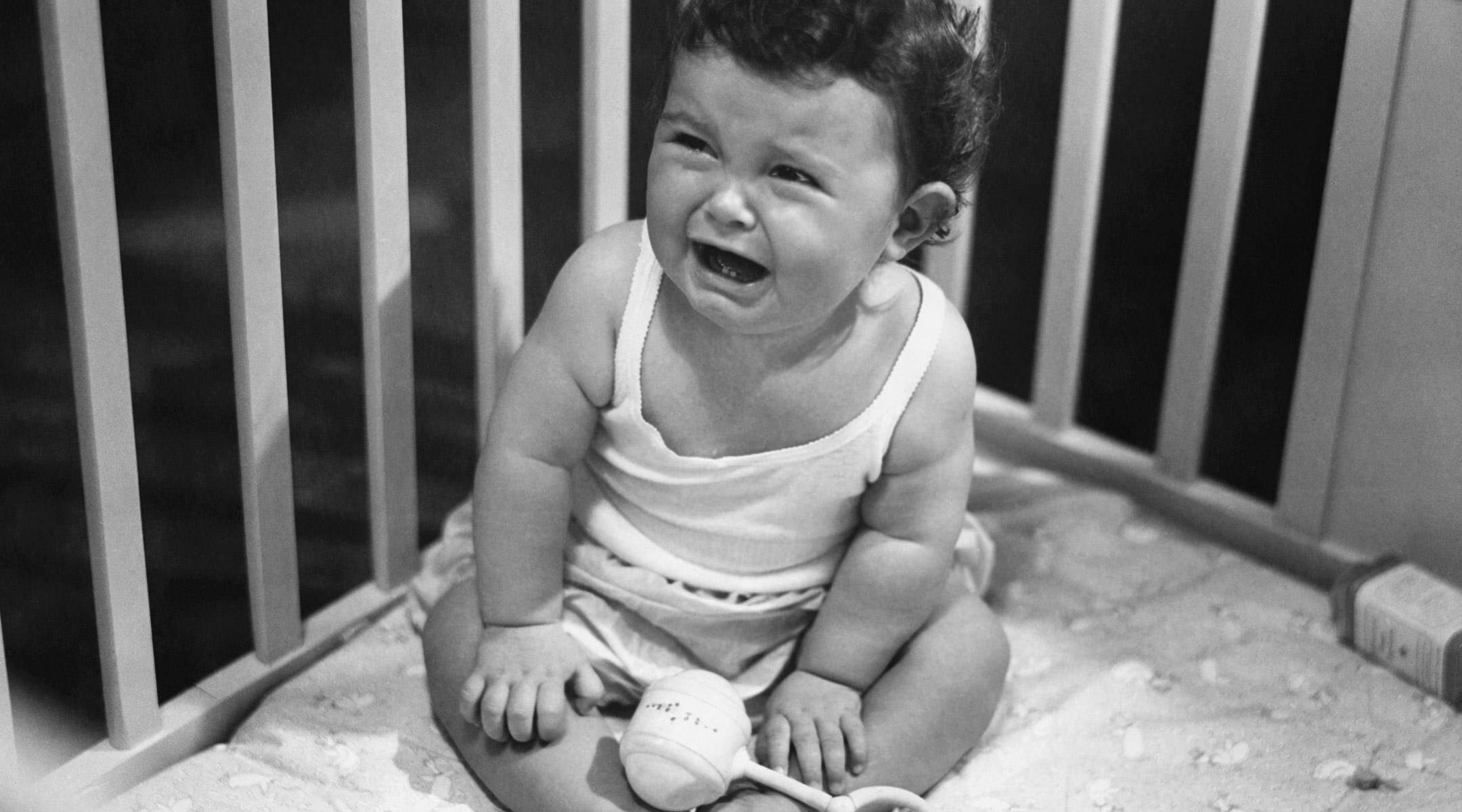Hilary Duff's Newborn Is Suffering From a Condition Every New Parent Dreads
All babies cry, but when your baby is colic, you know the difference between a tempermental infant and the uncontrollable sobbing. Just ask Hilary Duff. The famous mom called on her fans for some much-needed assistance while trying to soothe her colicky newborn, Banks Violet Bair.
“Calling all parents of colic babies…This ends right,” the desperate mom asks.
“We have read everything the internet has to offer…Nothing besides nursing basically every hour or less helps! We have done all the obvious things…Please leave magic tricks in comments,” the mom begs her fellow parent followers.
There’s good news and bad news for Duff. The good news: Baby colic generally isn’t a sign of something serious, and it definitely doesn’t mean you’re doing anything wrong. Luckily, colic eventually goes away by itself (no, really).
The bad news is there’s no way to prevent colic. Patience and knowing that it’ll eventually pass can make all the difference for parents riding out this short but trying time.
Making matters even more difficult, there’s still no definitive answer for what causes colic, and there’s no test to officially confirm baby has it. Lots of parents refer to the colic “rule of three,” where an otherwise healthy baby under 3 months old cries for more than three hours a day, for more than three days a week, for more than three weeks in a row for no apparent reason.
Trying to figure out what may be causing your baby to be colic? Find out more on the possible causes and symptoms of a colicky baby.
Please note: The Bump and the materials and information it contains are not intended to, and do not constitute, medical or other health advice or diagnosis and should not be used as such. You should always consult with a qualified physician or health professional about your specific circumstances.
Navigate forward to interact with the calendar and select a date. Press the question mark key to get the keyboard shortcuts for changing dates.




















































